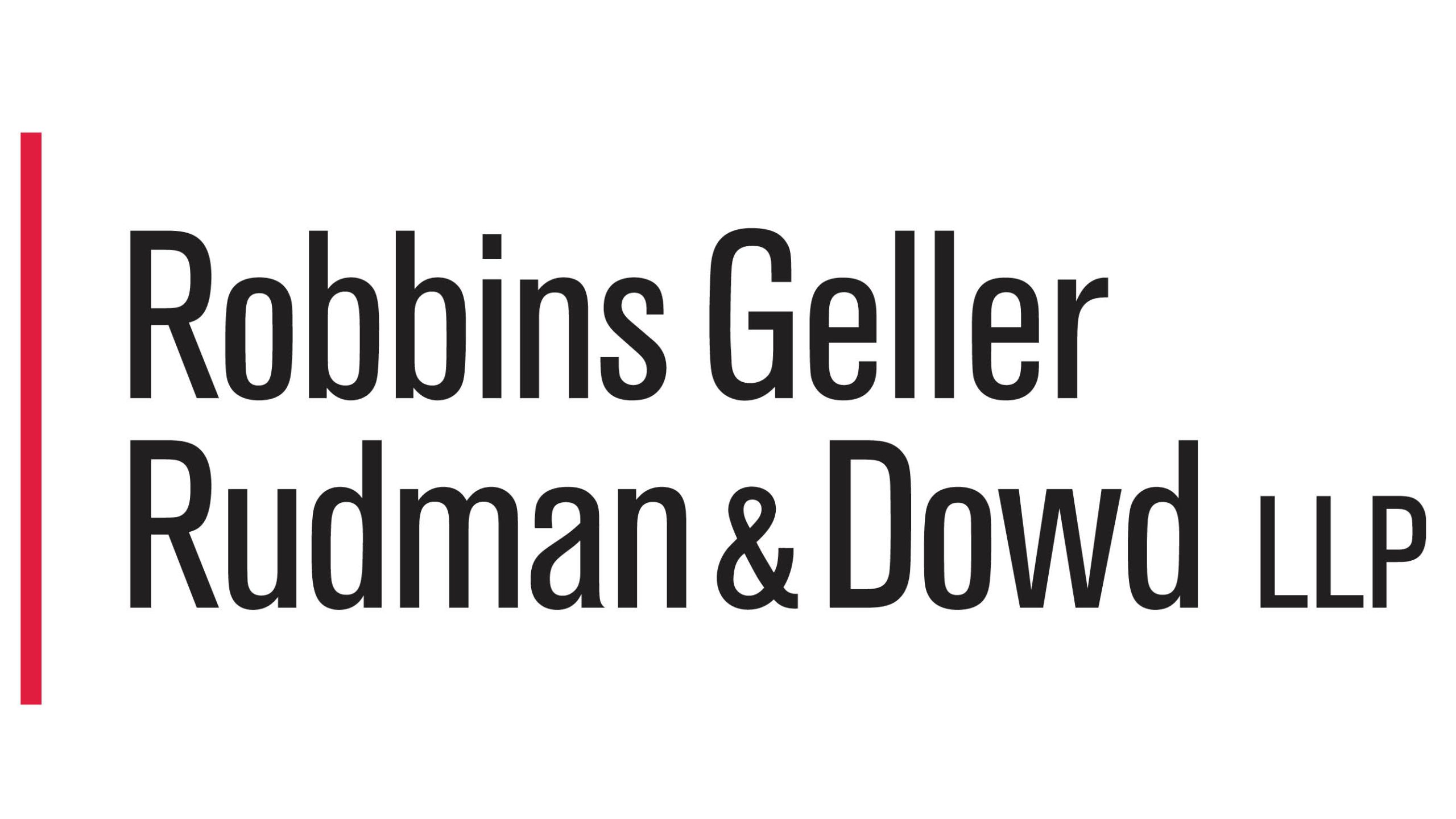Autodesk, the global company known for its 3D design and engineering solutions, is currently facing a class-action lawsuit alleging violations of the Securities Exchange Act of 1934. The law firm Robbins Geller Rudman & Dowd LLP announced that purchasers or acquirers of Autodesk publicly traded securities between June 1, 2023, and April 16, 2024, have until June 24, 2024, to seek appointment as lead plaintiff.
The lawsuit claims that Autodesk and certain top executives made false statements and failed to disclose information regarding the company’s internal controls concerning free cash flow and non-GAAP operating margin practices. On April 1, 2024, Autodesk announced that it would be unable to file its Annual Report on Form 10-K for the year ended January 31, 2024, within the prescribed time period. An internal investigation was initiated by the company regarding these practices, and Autodesk voluntarily contacted the Securities and Exchange Commission to provide updates as the investigation continues.
As a result of these revelations, the price of Autodesk stock fell by more than 4%. Later, on April 16, 2024, Autodesk disclosed that it would not be able to file its Annual Report within the extended period, potentially leading to non-compliance with Nasdaq listing requirements. This announcement caused the price of Autodesk stock to drop further, by more than 7%.
Investors who purchased or acquired Autodesk publicly traded securities during the Class Period have the opportunity to seek appointment as lead plaintiff in the class-action lawsuit. The lead plaintiff will act on behalf of all other class members and can select a law firm to represent the case. It’s important to note that an investor’s ability to share in any potential recovery is not dependent on serving as the lead plaintiff.
Robbins Geller Rudman & Dowd LLP, a leading complex class-action firm specializing in securities fraud cases, is representing the plaintiffs in this lawsuit. The firm has a track record of significant recoveries for investors and has been recognized as a top-ranked firm in the field.
Investors affected by the alleged securities violations are encouraged to visit the firm’s website for more information on the ongoing lawsuit.
In addition to the information provided in the article, it is important to understand the current market trends and forecasts for Autodesk. As a global company specializing in 3D design and engineering solutions, Autodesk operates in a competitive and rapidly evolving market.
One key trend in the industry is the growing demand for software and tools that enable digital transformation and automation in various industries, including architecture, engineering, construction, and manufacturing. This trend is largely driven by the need for increased efficiency, productivity, and cost-effectiveness in these sectors.
Moreover, with advancements in technologies like artificial intelligence, virtual reality, and cloud computing, there is an increasing focus on integrating these capabilities into design and engineering software. Companies like Autodesk are expected to continue investing in these areas to stay competitive and meet the evolving needs of their customers.
In terms of forecasts, the global 3D design and engineering software market is expected to grow significantly in the coming years. According to a report by MarketsandMarkets, the market size is projected to reach $63.46 billion by 2025, with a compound annual growth rate (CAGR) of 12.3% during the forecast period.
However, Autodesk also faces certain challenges and controversies. The current class-action lawsuit alleging securities violations could have a negative impact on the company’s reputation, financial performance, and investor confidence. If the allegations are proven true, it may result in financial penalties, regulatory actions, and potential changes in management.
Another challenge for Autodesk is the presence of strong competitors in the market, such as Dassault Systèmes, Siemens, and PTC. These companies offer similar design and engineering solutions and actively compete for market share and customer loyalty. Autodesk will need to continue innovating, providing value-added services, and effectively differentiating itself to maintain a competitive edge.
Robbins Geller Rudman & Dowd LLP is a leading law firm specializing in securities fraud cases, representing the plaintiffs in the class-action lawsuit against Autodesk. More information about the ongoing lawsuit can be found on their website.
It is important to note that the outcome of the lawsuit and its impact on Autodesk’s future remains uncertain. Investors and individuals interested in the subject should follow relevant news and updates from reliable sources to stay informed about the developments in this case and their potential implications.

